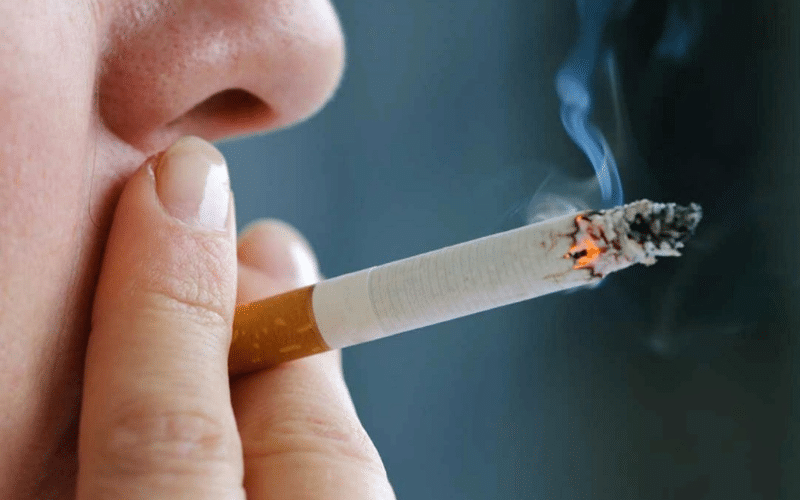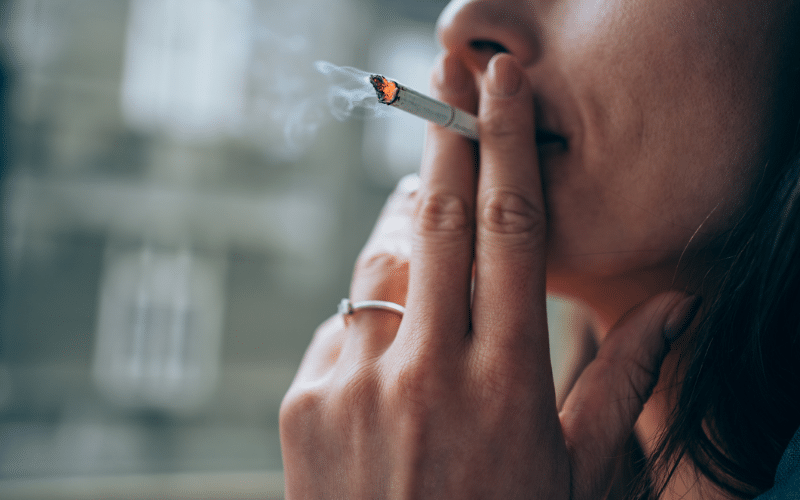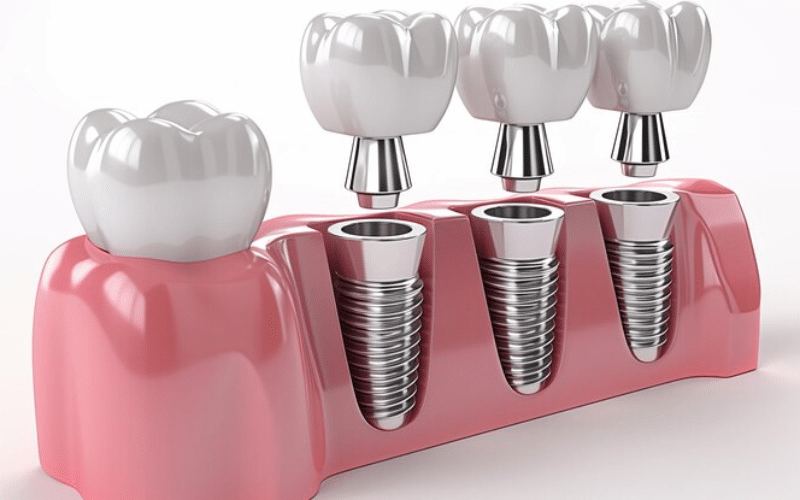
Dental implants and smoking? Doesn’t sound so well. Although dental implants have revolutionized restorative dentistry to provide a durable solution for missing teeth, Smokers have made it tough for dental implants to bring long-term success in the treatment. Because smoking doesn’t just affect your lungs but also impacts straight to oral health and, by extension, the success of dental implants.
Today’s blog will explain how smoking interferes with implants and what smokers can do to protect their investment.
Smoking In The Way Of Dental Implant Success
Dental implants rely on a process called osseointegration, where the implant fuses with the jawbone. This process is delicate and heavily dependent on a healthy oral environment—something smoking actively disrupts.
Risk of Unsuccessful Implant Surgery
- The chance of implant failure is doubled by smoking.
- Smokers are much more likely to have conditions like peri-implantitis, an inflammatory disease surrounding implants.
Late Recovery Amid Post-treatment
- Nicotine slows the body’s natural healing process, which brings more risk of facing issues and a longer recovery period.
Bone Density Loss
- Smoking hastens the loss of bone, which is essential to keep dental implants stable.
Steps Smokers Must Take To Shield Their Dental Implants
Smokers can improve the success of their dental implants in a number of ways, despite the risks:
Make A Commitment To Stop Smoking
- The most effective thing you can do to safeguard your implants and general health is to stop smoking.
- Think about counselling or nicotine replacement treatment.
Make Dental Care Priority
- Brush and floss your teeth 2 times a day for less plaque accumulation.
- Use a fluoride toothpaste and an antimicrobial mouthwash to keep your gums healthy.
Attend Regular Dental Exams
- Seeing our dentist on a regular basis will help you spot such problems early and take appropriate action.
- Your gums and implants will remain in top shape if you have them cleaned by professionals.
Recommendations for Smoking Before & After Surgery
Timing is everything when it comes to smoking and dental implant surgery. Following these guidelines can considerably reduce risks:
- Before Surgery: Stop smoking two to four weeks before the treatment to allow your gums and bones to heal from nicotine damage.
- After Surgery: Refrain from smoking for at least two to four weeks after the procedure to make sure that the surgical site heals properly. Even better results can come from longer abstinence.
Additional Strategies for Smokers
For those who find quitting difficult, small adjustments can still make a difference:
- Switch to smokeless tobacco alternatives during the healing period.
- Increase water intake to combat dry mouth and flush out toxins.
- Balance a nutrient-rich diet to support bone & gum health.
Choosing Health Over Habits
Investing in dental implants can improve your smile, self-esteem, and overall quality of life. Although there may be obstacles in the way of successful implants for smokers, it is not impossible.
You can greatly increase your chances of experiencing long-lasting improvements by giving up smoking, maintaining your commitment to routine dental checkups, and practicing better oral hygiene. The health of your teeth is worth every effort. Your smile will be appreciated if you make the adjustment now!




